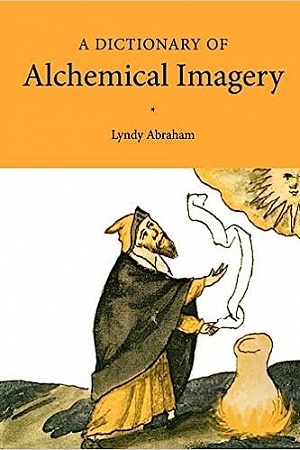Democracy and Dictatorship in Europe: From the Ancien Régime to the present day
Oxford University Press, $53.95 hb, 560 pp, 9780199373192
Democracy and Dictatorship in Europe: From the Ancien Régime to the present day by Sheri Berman
Democracy won the Cold War. As East Germans breached the Berlin Wall in November 1989 to screams of joy, a young KGB officer watched the concrete crash to the ground. Systematically, he destroyed sensitive Soviet diplomatic papers in the East Berlin embassy. Ten years later, that KGB officer, Vladimir Putin, would launch his own quiet counter-revolution and re-establish dictatorship in Russia.
‘Illiberal democracy’ has become reality. From Washington to Budapest, political leaders seek to abrogate constitutionalism. In some cases, they do so with voters’ implicit or explicit consent. Boris Johnson, the new British Prime Minister, has intimated that he might prorogue Parliament in order to implement Brexit in the absence of the Commons’ approval. Like their twentieth-century predecessors, some contemporary European democracies have deconsolidated into illiberalism; Viktor Orbán in Hungary eulogises ‘Christian values’; in France, the twice-divorced presidential hopeful, Marine Le Pen, preaches Catholic conservatism precisely because it differentiates ‘French’ Christians from ‘non-French’ Muslims.
Liberal democracy is a hybrid form of governance, with a rule-of-law system and separate executive, legislative, and judicial institutions. The legal system forms a nexus with a human-rights framework, governed by a constitutionally limited executive government. Liberal thought preceded true democracy by more than two centuries in Britain; universal suffrage for women was only achieved in 1918, somewhat later than Australia.
Sheri Berman traces the history of democratisation and dictatorship in Europe from the ancien régime to the postwar period. Her thesis explains how individual liberties and human rights are constantly under challenge from both the extreme left and the far right. From the seventeenth-century English Revolution to National Socialist Germany, reform movements and unstable democracies are exceedingly vulnerable to a coup d’état by a well-organised dictator. The dictators have many faces, but the mechanics of oppression remain constant: the republican military dictatorship of Oliver Cromwell; Napoleon’s First Empire; and the scientific war machines created by Fascism, Nazism, and Soviet socialism. Rhetorically, both Stalinism and Nazism were stridently anti-Semitic, anti-intellectual, and anti-capitalist; in practice, they were united in their totalitarian vison of the complete suppression of individual rights.
Continue reading for only $10 per month. Subscribe and gain full access to Australian Book Review. Already a subscriber? Sign in. If you need assistance, feel free to contact us.











Comment (1)
I challenge you to read Mr Davison's "review" of this book and advise me what he actually thought of it. I am at a total loss - I have a pretty good idea of Mr Davison's political views from his (excuse me but it must be said) diatribe, but as far as I can tell his only concession to actually referencing the book he is reviewing consists of three words ("As Berman writes"). The article on the following page of the print version is Dennis Altman's "comment" on the 2019 federal election. In it he reviews just as many books as does Mr Davison.
Leave a comment
If you are an ABR subscriber, you will need to sign in to post a comment.
If you have forgotten your sign in details, or if you receive an error message when trying to submit your comment, please email your comment (and the name of the article to which it relates) to ABR Comments. We will review your comment and, subject to approval, we will post it under your name.
Please note that all comments must be approved by ABR and comply with our Terms & Conditions.